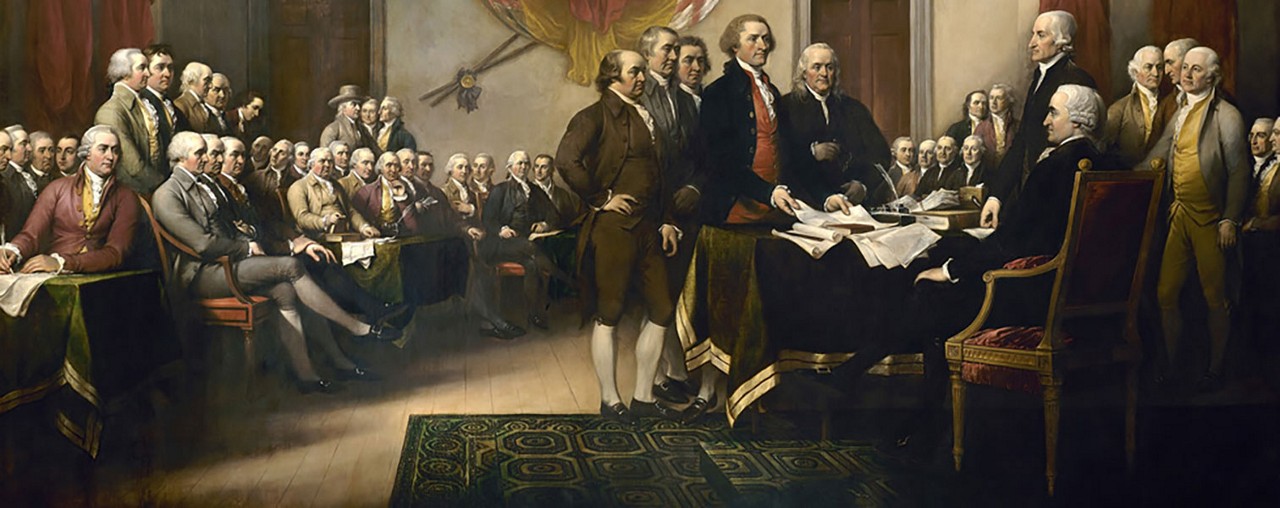Sources:
www.newnetherlandinstitute.org/history-and-heritage/dutch_americans/lewis-morris/
www.monticello.org/thomas-jefferson/brief-biography-of-jefferson/
www.history.com/topics/american-revolution/benjamin-franklin
www.ushistory.org/declaration/signers/gerry.html
www.let.rug.nl/usa/biographies/james-wilson/
